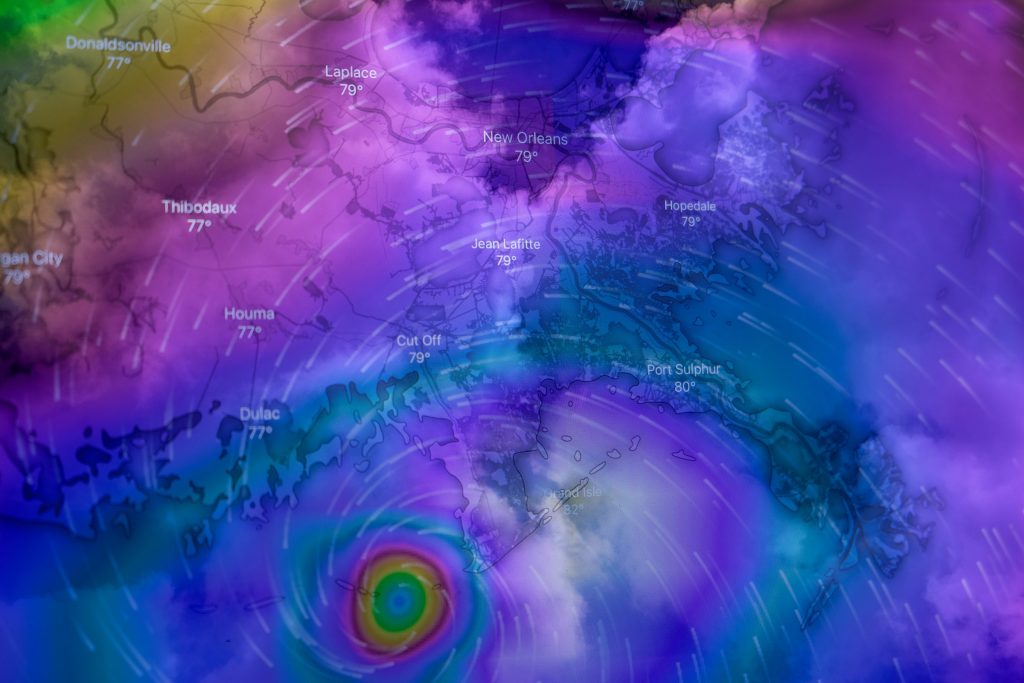
On the Brink: Navigating Unprecedented Climate Extremes
Amidst the climate upheavals of 2023, top climate researchers have sounded an urgent alarm: in the absence of significant climate initiatives, the astonishing weather anomalies we observe today may become the usual scenario in just a decade.
Beyond Heatwaves: The Larger Picture
This year’s heatwaves, wildfires, and deluges, although deeply concerning, represent merely an introduction to more intense events to come. The scenario is so precarious that some liken it to navigating through the unknown due to the constraints in our current climate prediction models.
In a special investigation, The Guardian engaged with over 40 global climate experts to understand the rapid escalation in climate-related disasters. Their unified voice was concerning, confirming that the global temperature surge matches long-standing predictions and is further intensified this year by the resurgence of the El Niño weather cycle.
Our Vulnerabilities Laid Bare
Describing the recent climate shifts as “unprecedented” seems almost insufficient. Prof Piers Forster from the University of Leeds highlighted, “This July was the warmest ever recorded… If the world doesn’t unite and prioritize climate action, such temperatures could be regular by the end of this decade.”
Similarly, Prof Krishna AchutaRao from the Indian Institute of Technology voiced a shared concern, emphasizing that the recent weather anomalies underline the fragility of human existence against nature’s wrath.
Navigating the Climate Unknown
It’s undeniable that while our models can predict general temperature rises in line with increasing greenhouse gas emissions, they falter when pinpointing the exact magnitude and frequency of weather extremes. “Our predictive capability is limited when it comes to extreme climate events,” noted Dr. Raúl Cordero, previously associated with the University of Santiago.
However, there’s a silver lining. According to experts, we haven’t yet reached a point of no return in the climate narrative. But as Dr. Rein Haarsma from the Royal Netherlands Meteorological Institute warns, the potential tipping points are ominously close, and if triggered, the outcomes like major ocean current disruptions and expansive ice melt would be disastrous.

Urgency for Change
The overwhelming consensus among scientists is that there’s a fleeting chance to avert the gravest climate outcomes. Their foremost recommendation? An immediate cessation of fossil fuel combustion.
“We must halt fossil fuel use immediately,” urged Dr. Friederike Otto from Imperial College London, a sentiment resonated by Prof. Emily Shuckburgh from the University of Cambridge, who commented, “Those enabling the continued reliance on fossil fuels are effectively backing the wrong horse in history.”
A Global Reckoning: Awaiting the UN’s Stance
The global community is eagerly awaiting the UN climate ambition summit scheduled for 20 September. Expressing the gravity of the situation, Amina Mohammed, the UN’s deputy secretary-general, mentioned that most climate metrics are alarmingly “headed south.” The subsequent Cop28 summit in November, set in the UAE, becomes even more crucial considering the persistent rise in global carbon emissions.
The critical challenge ahead is ensuring that global warming remains below the 1.5C threshold. With so much at risk, it remains to be seen if global figureheads can usher in an age of committed and decisive climate interventions.
©eco-guardians.org